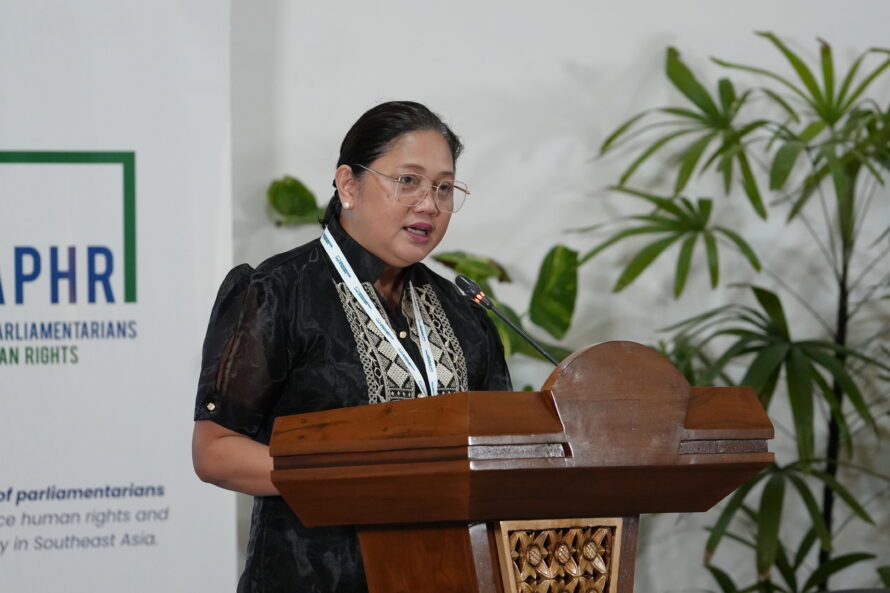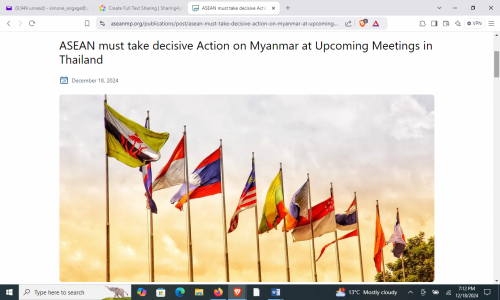
https://aseanmp.org/publications/post/asean-must-take-decisive-action-on...
On Thursday, the discussions will focus on border security and transnational crime, involving Myanmar’s immediate neighbors—China, India, Bangladesh, Laos, and Thailand. On Friday, ASEAN foreign ministers will convene to deliberate on the region’s peace plan for Myanmar, the Five-Point Consensus.
These meetings highlight the urgent need for ASEAN to recalibrate its response to Myanmar’s escalating crisis. Thailand, Myanmar’s closest neighbor, faces mounting challenges, including a surge in refugees, cross-border crime, and economic instability.
However, Thailand’s decision to invite Myanmar’s junta-appointed Foreign Minister, Than Swe, to Thursday’s consultation risks legitimizing the military regime and undermines ASEAN’s collective position of excluding junta representatives from high-level meetings.
“ASEAN’s handling of the Myanmar crisis will define its credibility and relevance in the region and on the global stage,” said Mercy Chriesty Barends, APHR Co-Chairperson and a member of Indonesia’s House of Representatives.
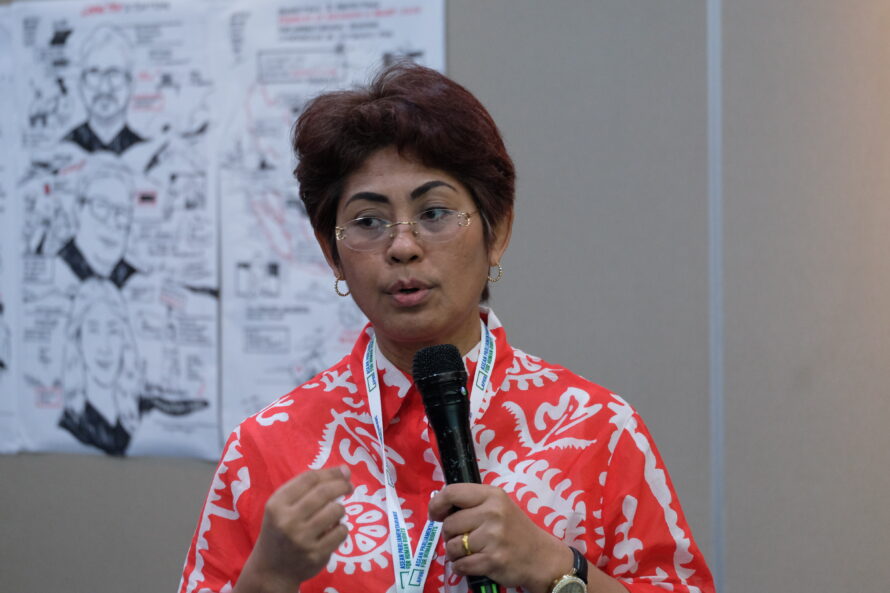
Mercy Barends, APHR Chairperson and Indonesian MP. ©APHR2024
“Engaging the junta, even informally, betrays the people of Myanmar and weakens ASEAN’s collective resolve,” emphasized Charles Santiago, APHR Co-Chairperson and former member of the Malaysian Parliament.
He further said, “it legitimizes a regime responsible for widespread human rights abuses and normalizes the use of state power to oppress its citizens. ASEAN must not compromise its principles for political convenience”.
The crisis in Myanmar has become a humanitarian catastrophe of staggering proportions. Since the February 2021 coup, over 6,000 civilians have been killed, according to the Assistance Association for Political Prisoners (AAPP), more than two million have been displaced, and thousands are detained under harrowing conditions.
Systematic violence against ethnic minorities, including the Karen, Kachin, Rakhine, and Rohingya, constitutes war crimes and crimes against humanity. Families have been torn apart, communities devastated, and lives destroyed—all while the junta acts with impunity, fueled by inadequate regional and international responses.
ASEAN’s Five-Point Consensus, adopted in April 2021, called for an immediate cessation of violence, inclusive national dialogue, and humanitarian assistance. Nearly three years on, the junta has blatantly ignored these commitments, escalating violence and obstructing aid. APHR warns that the plan’s vagueness, lack of enforcement mechanisms, and absence of penalties for noncompliance have rendered it ineffective.
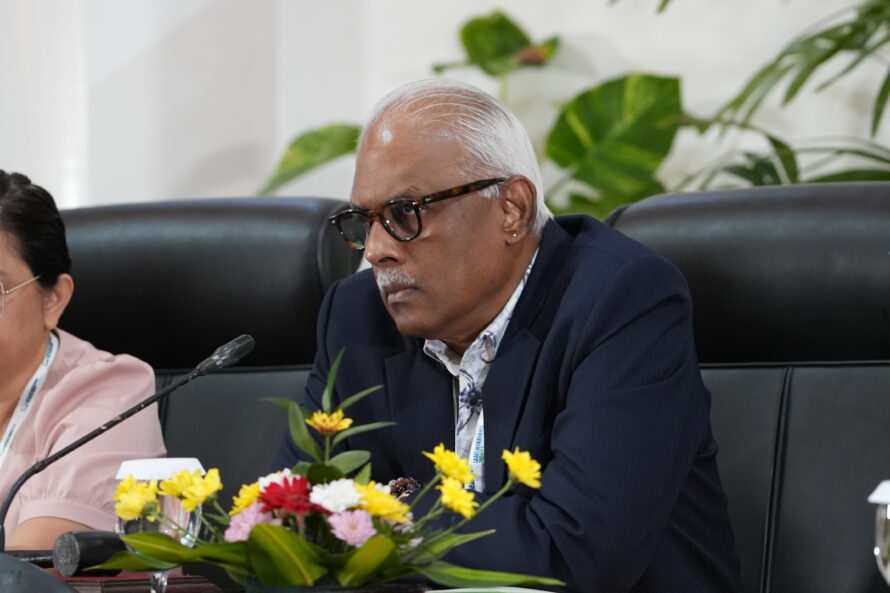
Charles Santiago, APHR Co-Chairperson and former Malaysian MP. ©APHR2024
“ASEAN member states must seize this opportunity to set clear, measurable benchmarks for implementing the Five-Point Consensus at the upcoming meetings. These benchmarks must include immediate actions to halt violence and secure the release of political prisoners,” said Wong Chen, APHR Board Member and a member of the Malaysian Parliament.
He added, “it is equally important to reinforce the authority and scope of the Special Envoy to ASEAN Chair on Myanmar to engage with a broad range of stakeholders. The Envoy’s office could facilitate safe, confidential regional meetings for all stakeholders, fostering trust and establishing common ground on issues like regional autonomy and governance reform”.
The Myanmar crisis is not just a political challenge. It is a profound test of ASEAN’s moral integrity and regional leadership. Failure to take decisive action risks eroding the bloc’s credibility, emboldening authoritarian regimes, and destabilizing the region.
APHR calls on ASEAN to adopt a principled and inclusive approach during the upcoming Thailand meetings, addressing the root causes of the crisis while prioritizing effective humanitarian intervention.
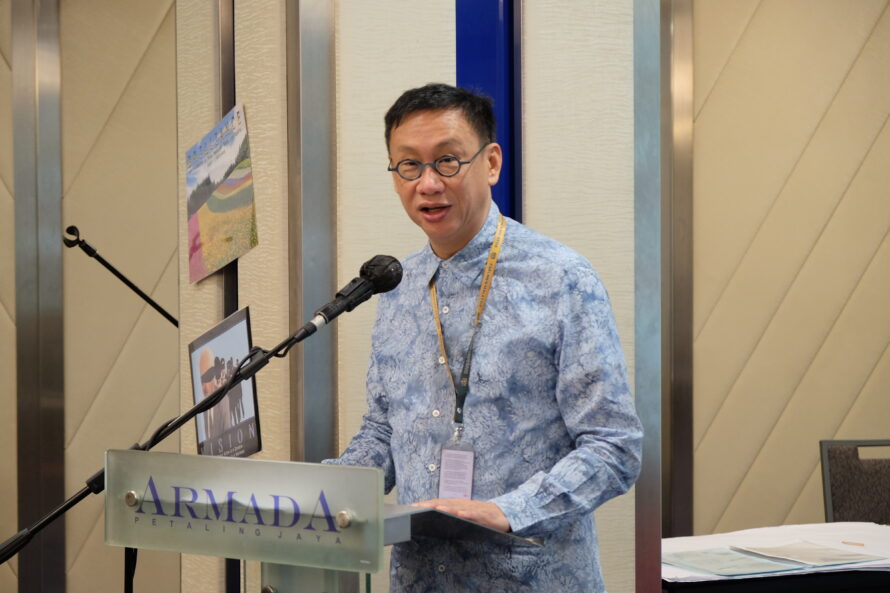
Wong Chen, APHR Board Member and Malaysian MP. ©APHR2024
“ASEAN must aim to get consensus in this week’s meetings to urgently establish and expand a humanitarian corridor, particularly along Myanmar’s borders with member states like Thailand, to facilitate the safe passage and support of displaced persons fleeing violence,” said Rangsiman Rome, APHR Board Member and a member of Thailand’s Parliament.
He further emphasized, “neighboring countries such as India and China play a crucial role in enabling cross-border interventions, which remain woefully inadequate. Engaging these nations as humanitarian partners is imperative, particularly as more than 3,000 internally displaced persons seek refuge across borders”.
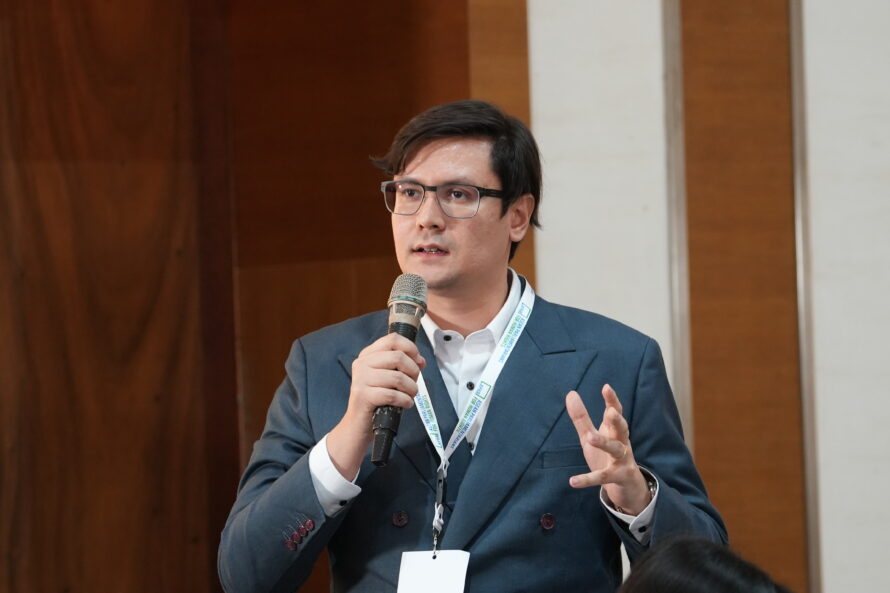
Rangsiman Rome, APHR Board Member and Thai MP. ©APHR2024
At the October 2024 ASEAN Summit, leaders reiterated their support for a Myanmar-owned and -led peace process. In this line, Arlene D. Brosas, APHR Board Member and a member of the Philippines House of Representatives emphasized, “ASEAN must clearly define what it means by ‘Myanmar-owned and -led’ peace process. It should include those who truly represent the voices of the people—the National Unity Government, ethnic armed organizations, and civil society groups. Anything less is a futile exercise.”
She further emphasized, “ASEAN cannot mistake the junta’s authority for legitimacy. A dialogue that excludes the key stakeholders will neither resolve the crisis nor restore stability in Myanmar”.
This week’s meeting must send an unequivocal message to the junta: no election can be deemed legitimate or justified amidst a civil war and ongoing threats of violence against the people. APHR calls on ASEAN and its member states to denounce the sham election scheduled for November 2025 in Myanmar.


